The ability to make a meal for yourself used to be one of those life skills you had to learn or otherwise you would starve, but the rise of convenience foods, takeout, and other aspects of modern living have made it entirely possible to be a grown person and not know what to do in the kitchen.
Making food is an essential act that grounds us. It's a way to reconnect with your body and physically, literally nourish yourself. Plus on a purely practical level, making your own meals is healthier, cheaper, and easier on the environment. Studies show that people who cook tend to consume fewer calories and are healthier in general.
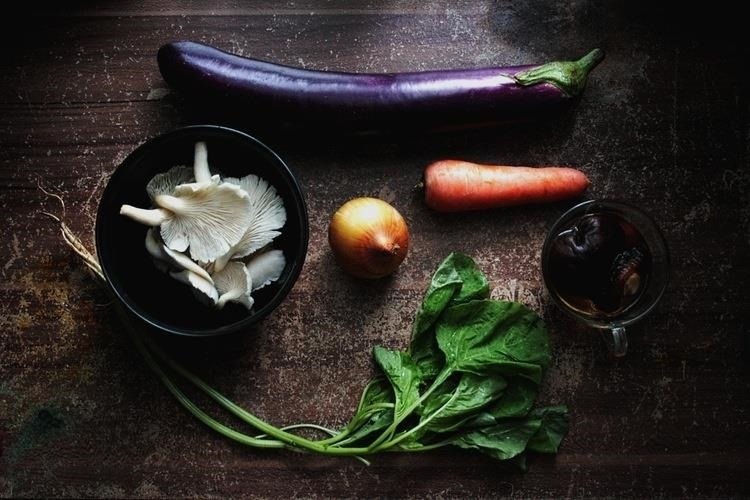
Cooking can be intimidating for an adult who's trying to navigate the kitchen for the first time in his or her life. Later on in life, we're less likely to cut ourselves some slack as we try and learn new skills. However, the whole process can be a lot easier if you know which common pitfalls and mishaps usually befall the cook who is just starring out. Read on to learn more—and how to avoid them.
They Want to Cook Complicated Dishes Right Away
Laurie Colwin put it best: "Novices always attempt the elaborate." Fantasy can be much more enticing than reality, which is why beginning cooks often want to conquer the world of classic French cuisine or make a towering cake festooned with lots of complicated crystallized sugar decorations.

All those things are worth learning, but if you're just starting out in the kitchen, you're much better off learning how to make a good pan of brownies, cook a steak in a skillet, make a tasty soup, and whip up a vinaigrette for a basic green salad.
In other words, set yourself up for success by learning how to make the basic dishes and master some fundamental kitchen know-how. Your confidence will grow, and before you know it, you will be making elaborate soufflés and hearing the oohs and aahs of delighted dinner guests.
Some people are natural cooks, and to them I say go forth and prosper. The rest of us need to start with simpler foods and more realistic expectations.
They Don't Taste as They Go
If you grew up with parents who cook, it's second nature to dip into a sauce to make sure it's properly seasoned or bite a noodle to test for doneness. However, novices often forget that this is a fundamental part of cooking: you have to check in with your food and adjust the cooking process as it moves to its logical conclusion.
So be unafraid and sample your pasta sauce as it merrily bubbles away. Take a bite of your taco filling. You'll see where you might have to lower or raise the heat or add a little more salt or hold off on mixing in more cumin.
If you're germ-phobic, don't forget to wash off your spoon between tastes. One mildly paranoid friend uses a spoon to place a few drops of sauce/soup/whatever into a little cup so she can taste her dish without "contaminating" the whole batch. I like to use chopsticks to do taste tests, because I can use them to drop solid food into my mouth from a safe distance.
They Multitask
For your first few cooking attempts, keep distractions to an absolute minimum. Don't text, watch TV, attempt to have a big relationship discussion, or try to wash several loads of laundry all while you make your first roast chicken or cake from scratch. Numerous studies tell us that multitasking isn't great for us as a species, nor does it get good results on any of the multiple projects you're attempting to finish up.

Once you're a cooking whiz, you can download your favorite podcast, take the garbage out, and format an Excel spreadsheet all while you whip up a casserole. (Heck, if you're a parent, you'll probably have to do those things while trying to get dinner on the table.) However, it's going to take several months before you get to that level of dexterity—maybe even a little longer than that.
In the meantime, slow down, enjoy the process, and pay attention to what you're doing, especially when it comes to knives, ovens, open flame, and spices.
They Don't Read the Instructions Before They Start
Guess what? Many websites and cookbooks don't proofread or do multiple tests on recipes before they're published (at least, not anymore). All of which means you may mix together several ingredients for cookies only to read at the bottom of the recipe that you need to bring butter, milk, or eggs to room temperature. Meanwhile, you get to watch your pre-mixed foodstuffs slowly congeal.
However, if you take a few moments to carefully and thoroughly read a recipe all the way through, you can assemble all your equipment and ingredients and not have to scramble at the last minute to find shortcuts or substitutions that may not work in your inexperienced hands. And if you find a glaring omission or mistake before you start cooking, you now have the time to find a new recipe or to do some research to answer any questions you might have.
They Skimp on Good Ingredients or Swap Ingredients Needlessly
Good cooks have the skill and experience to give sub-par ingredients new and tasty life. In general, though, the better your ingredients are, the better your food will taste. As a beginning cook, give yourself a leg up by purchasing the best and freshest food that your budget allows.
And pay attention to specifics. If your brownie recipe calls for Dutch-processed cocoa, get Dutch-processed cocoa. As you become more adept at cooking, you can swap out said cocoa for different kinds of chocolate to get different results. But as a beginning cook, you first need to build a baseline level of knowledge. Following directions for your first several cooking attempts will give you two things: familiarity with ingredients and experience in the kitchen that will provide a strong foundation for a lifetime of cooking.
They Don't Organize Their Workspace Beforehand
It's frustrating to have to stop your cooking process to rummage around for more paprika or a whisk. Meanwhile, something is undoubtedly cooling or overheating past the point of no return. If you've got your equipment and ingredients laid out beforehand, the whole process will go so much smoothly. (Again, this is where reading the recipe or instructions thoroughly before starting to cook makes a huge difference.)

You don't have to have your mise en place set up like a professional cook. Just make sure that you do a few minutes of prep work before you dive into whatever you want to make. Just laying out mixing bowls, measuring instruments, and dicing up three or four main ingredients beforehand will make your life a lot easier.
They Seek Out Too Much Advice
There is a lot of information about food out there, and while this can be a boon, it can be overwhelming for the person just starting out in the kitchen. Sometimes experienced cooks and professional chefs will offer contradictory advice. If you try to follow it all at once, chances are your food will not turn out the way you want it to.
Find a few reputable sources and stick to them, especially for your initial forays into cooking. Look for chefs, cooks, or food bloggers who make food that you think might be similar to your style of cooking. After you grow comfortable and have built up a repertoire of dishes that you could make in your sleep, branch out.
They Don't Clean as They Go
For new cooks (and for many experienced ones) dealing with the aftermath of cooking—i.e., a mountain of food-encrusted pans—is enough to put them off cooking for a very long time.

Instead, learn how to clean as you go. It's even better if you practice passive cleaning: fill your sink or a separate basin with warm, soapy water, leaving a few inches to spare. Slide the dirty utensils and dishes in there once you're no longer in need of them.
While the pasta is boiling, the roast is cooking, or your cupcakes are baking, you can then wipe down those items and load the dishwasher or rinse and wash them by hand. By the time your meal is ready, you'll have very few things left to wash—maybe just a few pots that were actually being used for cooking (plus the dinner dishes themselves).
If you want more ways to clean as you cook, check out The Kitchn's helpful hints.
They Keep Opening the Oven/Broiler/Covered Pot
I started baking at a pretty young age, and during my first few attempts, I was constantly opening the oven and poking a toothpick into the cake to see if "it was done yet." In doing so, I released heat and steam that the cake needed to bake properly and ended up with quite a few flat, sad cakes that were undercooked in the middle and crispy on the edges.

Let yourself check on your food once or twice to test for doneness, and that's all. If you're poking and prodding at your food every five minutes, you're interrupting the process of cooking itself.
They Don't Accept Compliments/Give Up Too Soon
And, finally, new cooks often discount kind words their friends and family have for their first attempts at cooking. Yes, it's true that the people we love might sometimes grade our efforts on a curve, but so what? Everyone has to start somewhere. Take the compliments graciously, say thank you, and take note of areas where you think you need to improve. If a dish really isn't up to par, you'll notice when people leave large quantities of leftovers on their plates.
And when that happens, you shouldn't let it stop you. As the amazing Julia Child put it, "Cooking is one failure after another, and that's how you finally learn."
So keep cooking. Accept that failures will occur as well as successes. Keep feeding yourself and your loved ones. Eventually you will get to the point where the people in your life will hold out their plates and say the two words that every cook, novice or experienced, loves to hear: "More, please."
Just updated your iPhone? You'll find new emoji, enhanced security, podcast transcripts, Apple Cash virtual numbers, and other useful features. There are even new additions hidden within Safari. Find out what's new and changed on your iPhone with the iOS 17.4 update.
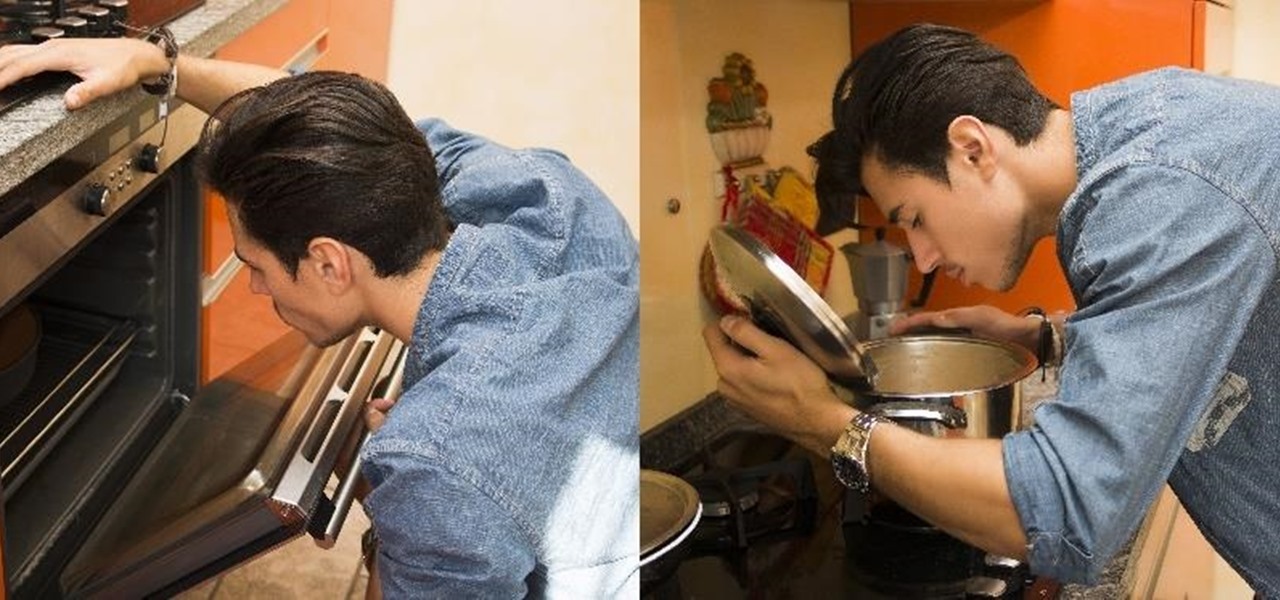



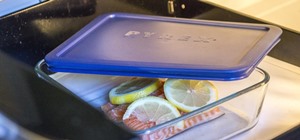
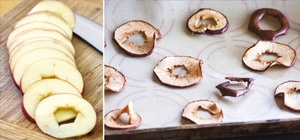
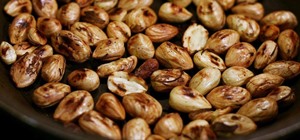



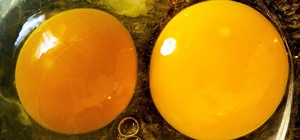
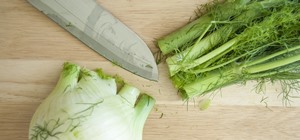

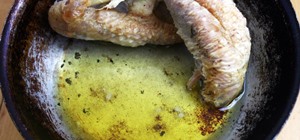

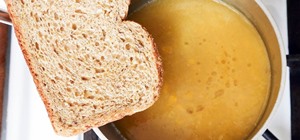




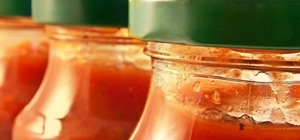

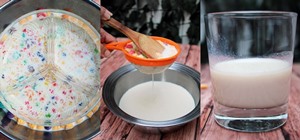
1 Comment
I think I've experienced all of these hardships over the past year or so :p Good to know I'm finally emerging from being a novice cook though! haha
Share Your Thoughts